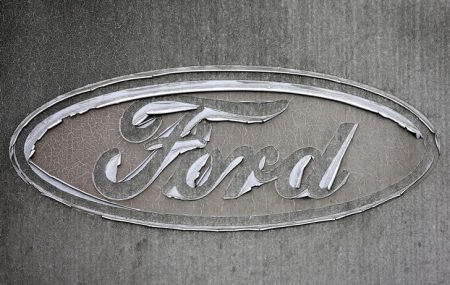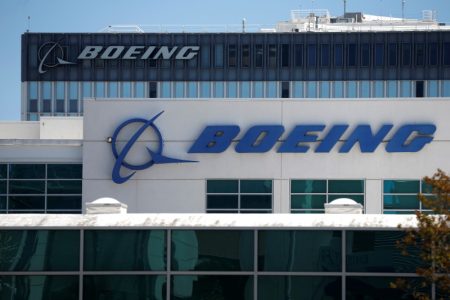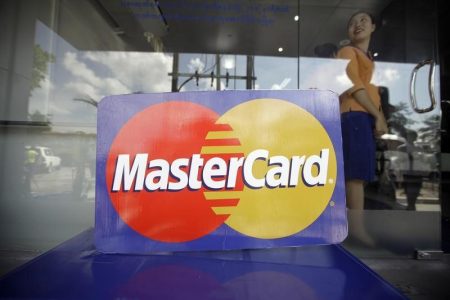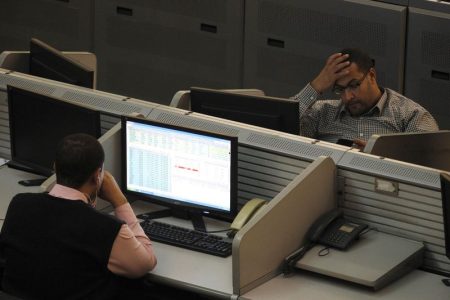© Reuters.
European companies, including Airbus SE (OTC:) and Deutsche Telekom AG (ETR:), have endorsed the European Union Agency for Cybersecurity’s (ENISA) proposal for stricter cybersecurity regulations. The new rules aim to safeguard EU data from access by non-EU governments, with a particular focus on NATO exemptions. This move could have significant implications for US-based cloud service providers such as Amazon (NASDAQ:) and Microsoft (NASDAQ:), which are seeking voluntary certification to secure contracts within the EU.
The endorsement of stricter cybersecurity measures by major European corporations underscores the heightened concerns over data protection and privacy within the EU. These companies are advocating for a harmonized set of security standards across the EU, which they believe should be applied universally without exceptions for organizations like NATO. The push for tighter regulations is part of a broader effort to ensure that European data remains secure from external threats, including potential access by foreign governments.
The proposed rules could pose challenges for US cloud providers that operate in Europe. As they seek to obtain voluntary certification to continue serving their EU clients, these providers may need to adapt their operations to comply with the enhanced security requirements. The certification process is designed to demonstrate a company’s commitment to protecting EU data, but with the recommended stricter guidelines, achieving this certification could become more complex.
This development is particularly relevant in the context of ongoing discussions about digital sovereignty and the control of critical data infrastructure. By supporting stronger cybersecurity regulations, European entities are signaling their commitment to maintaining control over their data and ensuring its protection against a wide array of cyber threats.
This article was generated with the support of AI and reviewed by an editor. For more information see our T&C.
Read the full article here















